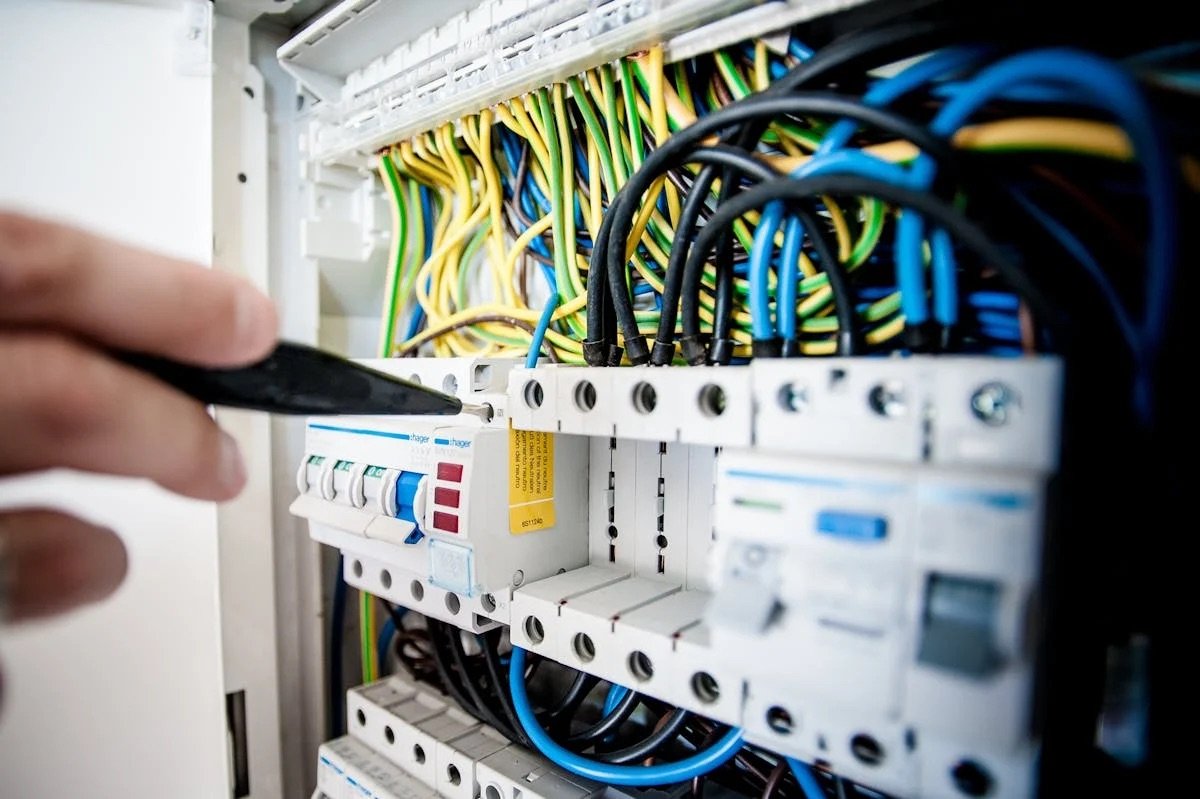
Understanding Industrial Rack Power: A Critical Backbone of Modern Infrastructure
In the real-time world where all industrial automation, data centers, and smart manufacturing are, the industrial rack power systems form an integral part of its functioning that is free from disruptions and seamless. Irrespective of network servers or industrial control systems, or high-performance computing systems, having a rack power setup that befits the installations is important for performance, reliability, and safety.
What is industrial rack power?
Industrial rack power is the electrical system that is used to supply, distribute, and control power in the rack-mounted equipment in industries. Such racks may contain servers, switches, storage devices, PLCs (Programmable Logic Controllers) or special control of the machines, which, in turn, need steady (and even high-capacity) provision of power.
Key Components of Industrial Rack Power
Power Distribution Units (PDUs):
PDUs are key machines that are responsible for power distribution from a single source to a number of rack components. While industrial-grade PDUs quite often have such features as monitoring, switching, and surge protection.
Uninterruptible Power Supplies (UPS):
A UPS provides sustained power during outages, and this helps save delicate equipment from untimely shutdowns, data losses or damage to hardware. For industrial purposes, a rugged UPS with a long battery life is necessary.
Circuit Protection Devices:
Overloads and electrical faults on equipment are guarded against by circuit breakers and surge protectors. These are very important in settings where there are changing needs for power at heavy duties.
Power Cables and Connectors:
Industrial-grade cables are designed to be able to withstand high temperatures and vibrations as well as electromagnetic interference. There is also good cable management, which helps in airflow, thereby minimizing instances of damage.
Environmental Monitoring Systems:
Power racks usually have sensors to track temperature, humidity, and airflow. Such systems prevent the temperature from rising, so the operators get notified about possible power-related issues.
Why Industrial Rack Power Matters
Reliability: Mission-critical systems require a constant power supply. In power racks, power systems reduce downtime and maintain operations in a smooth manner.
Scalability: Modular power designs would enable an easy expansion of power as your operating needs increase.
Energy Efficiency: Advanced PDUs and intelligent power management can significantly help minimize the use of energy, the cost of which is heavy on the environment.
Remote Management: There are many modern rack systems that feature remote monitoring and control, allowing operators to have a real-time access to power metrics and alerts.
Common Applications
Data Centers: Distribution of power to servers and storage arrays in a more efficient way.
Manufacturing Facilities: Motivating robotic systems, PLCs, as well as other automation elements.
Telecommunication Hubs: Eliminating concerns about the reliability of power to switches, routers, signal processors, etc.
Medical Equipment Centers: Supply for sustained operation of critical diagnostic and treatment apparatus.
Rack Power solution choice.
Under an industrial rack power system, take into consideration the following:
Load Requirements: Comprehend the sum of the consumption of power and peak loads of all rack-mounted equipment.
Redundancy Needs: Provide for failover abilities in case of single points of failure.
Environmental Conditions: Make components resistant to dust, temperature changes, and vibrations that are typical for industrial environments.
Compliance Standards: Ensure the power systems meet the industry’s standards, like IEC, UL, or CE-certified systems.
Final Thoughts
Industrial rack power is not just about plugging machines into outlets; rather, it is about building a resilient, scalable, and intelligent power ecosystem. With industries more and more depending on automation, data handling, and connectivity, the relevance of strong rack power solutions also remains high.
The right industrial rack power system investment today will not only increase operational reliability but also be a way of future-proofing your facility against future technological advancements.

